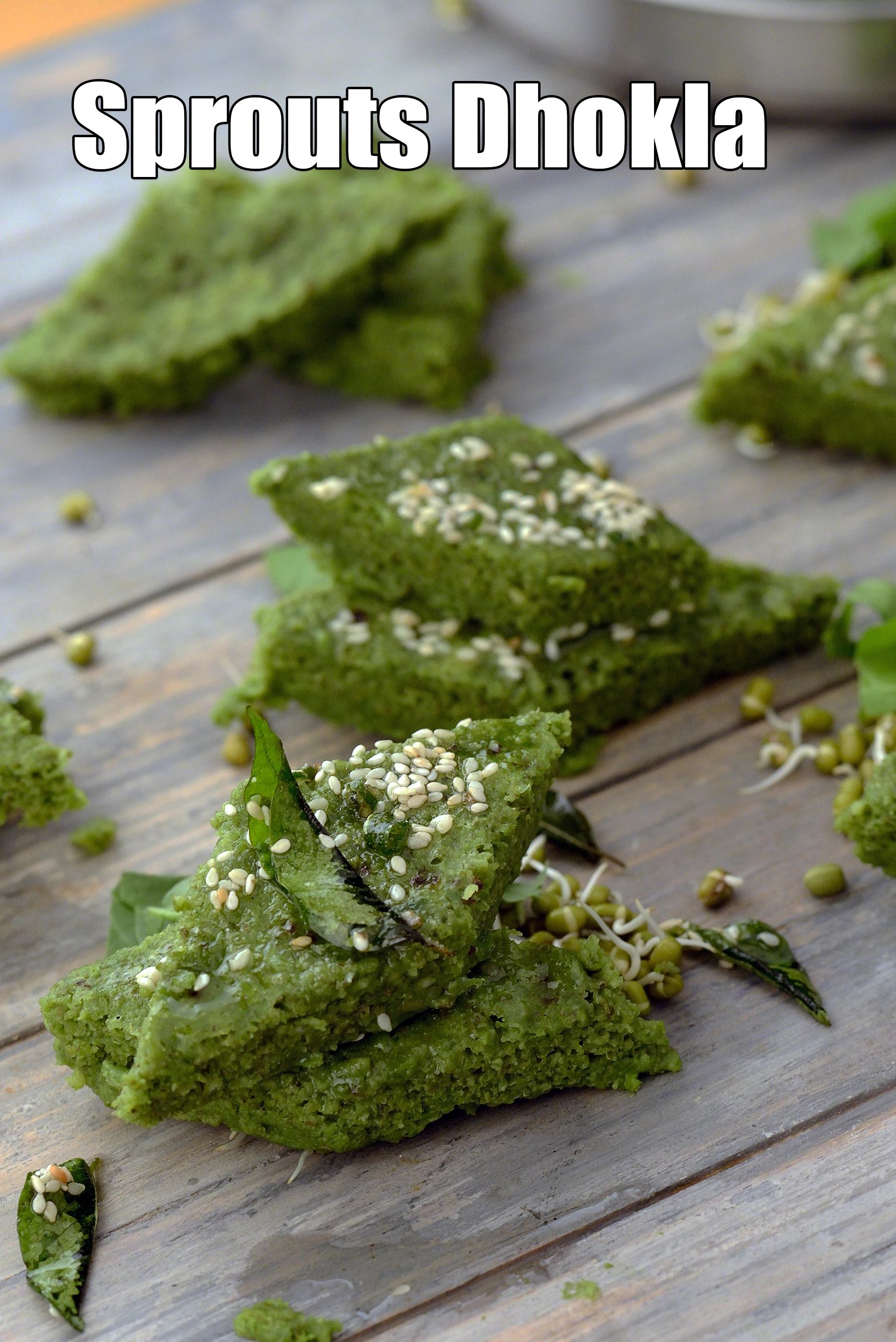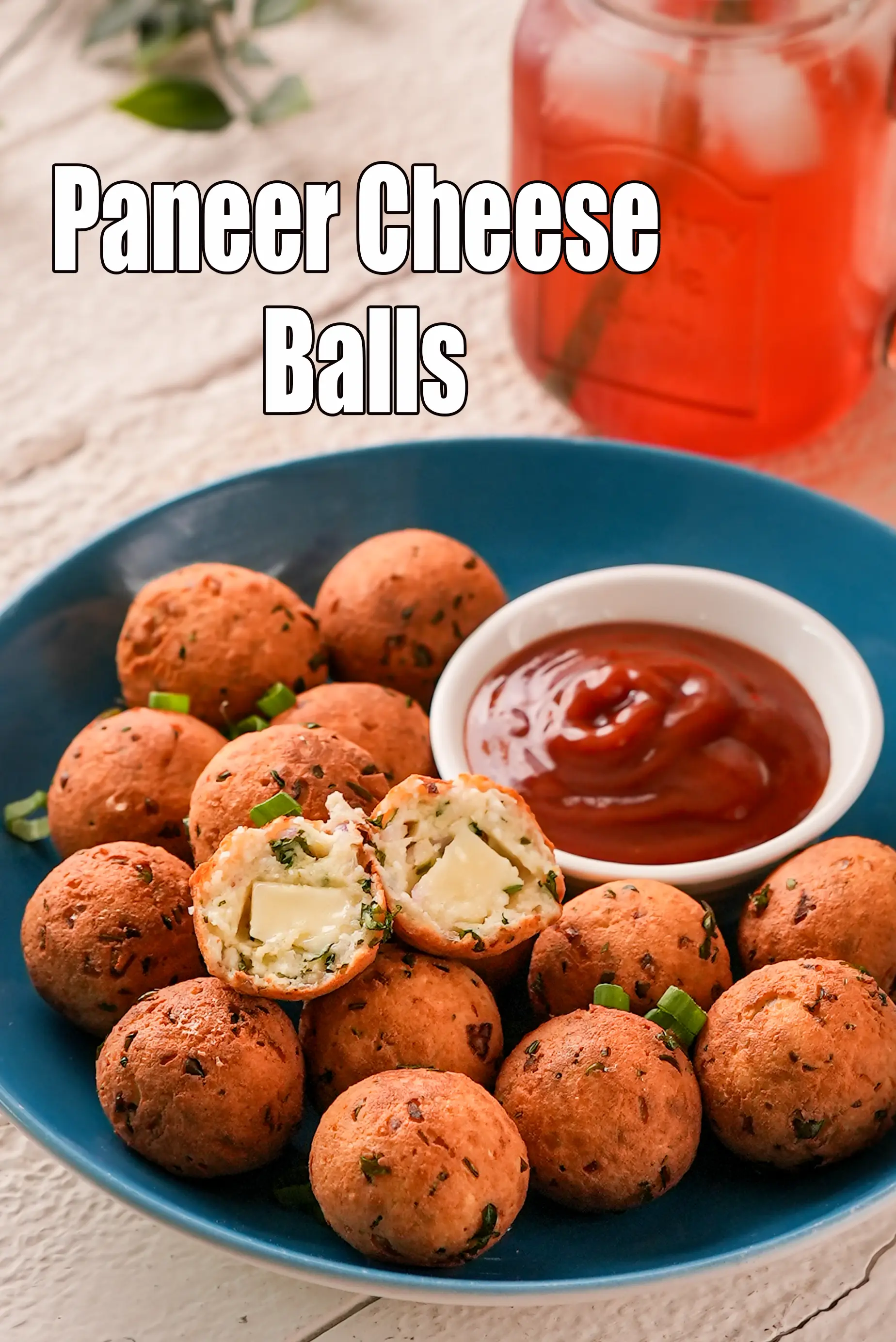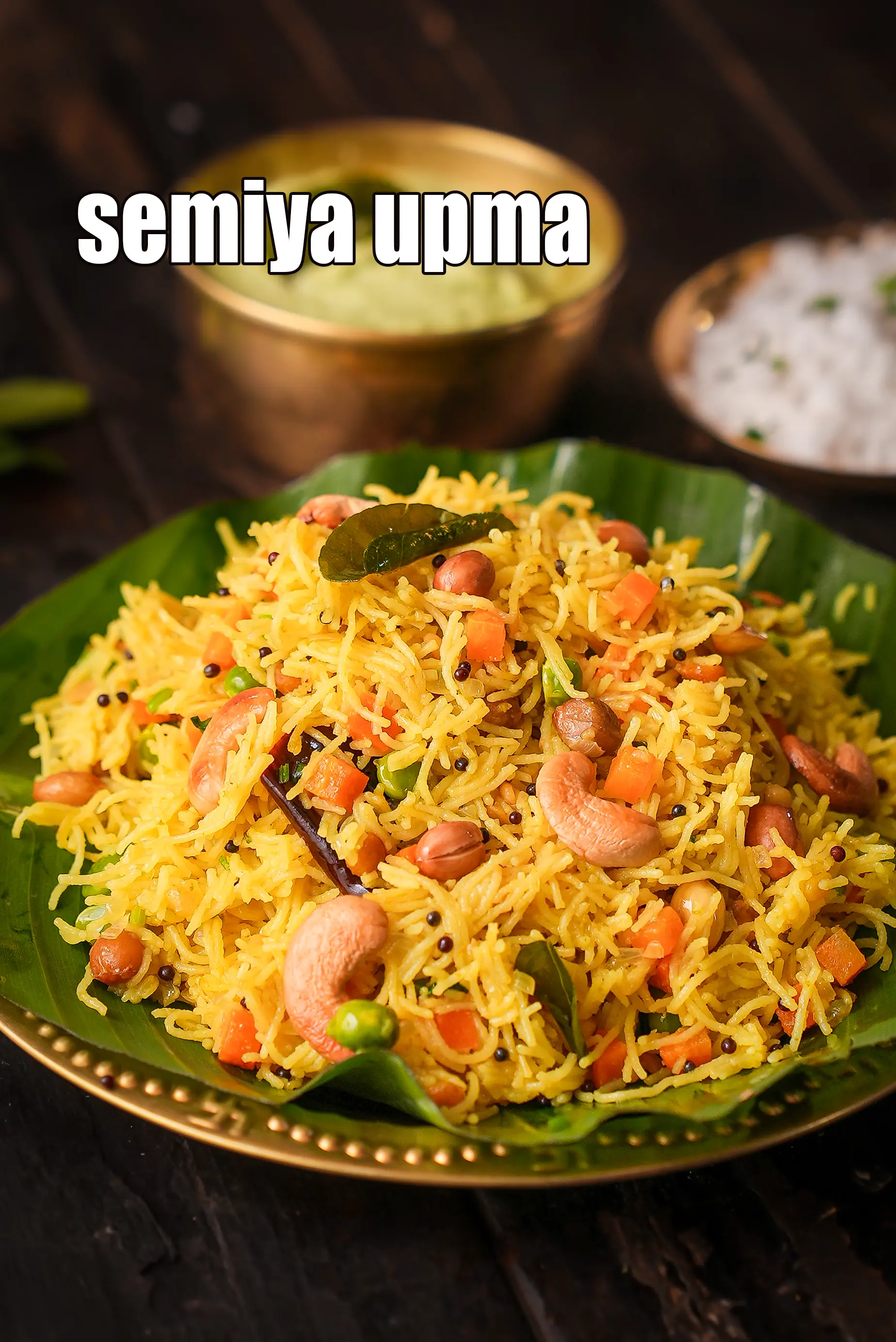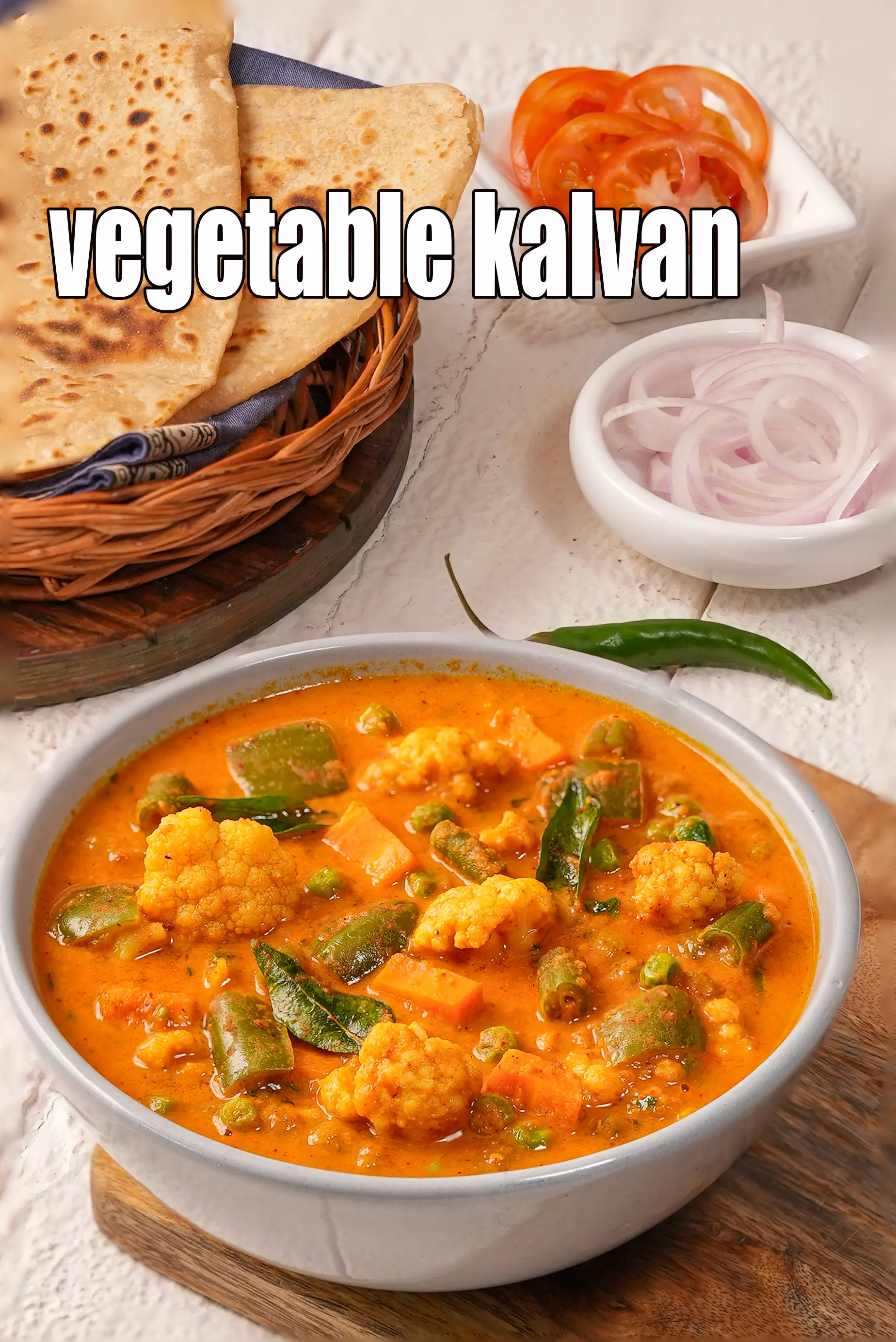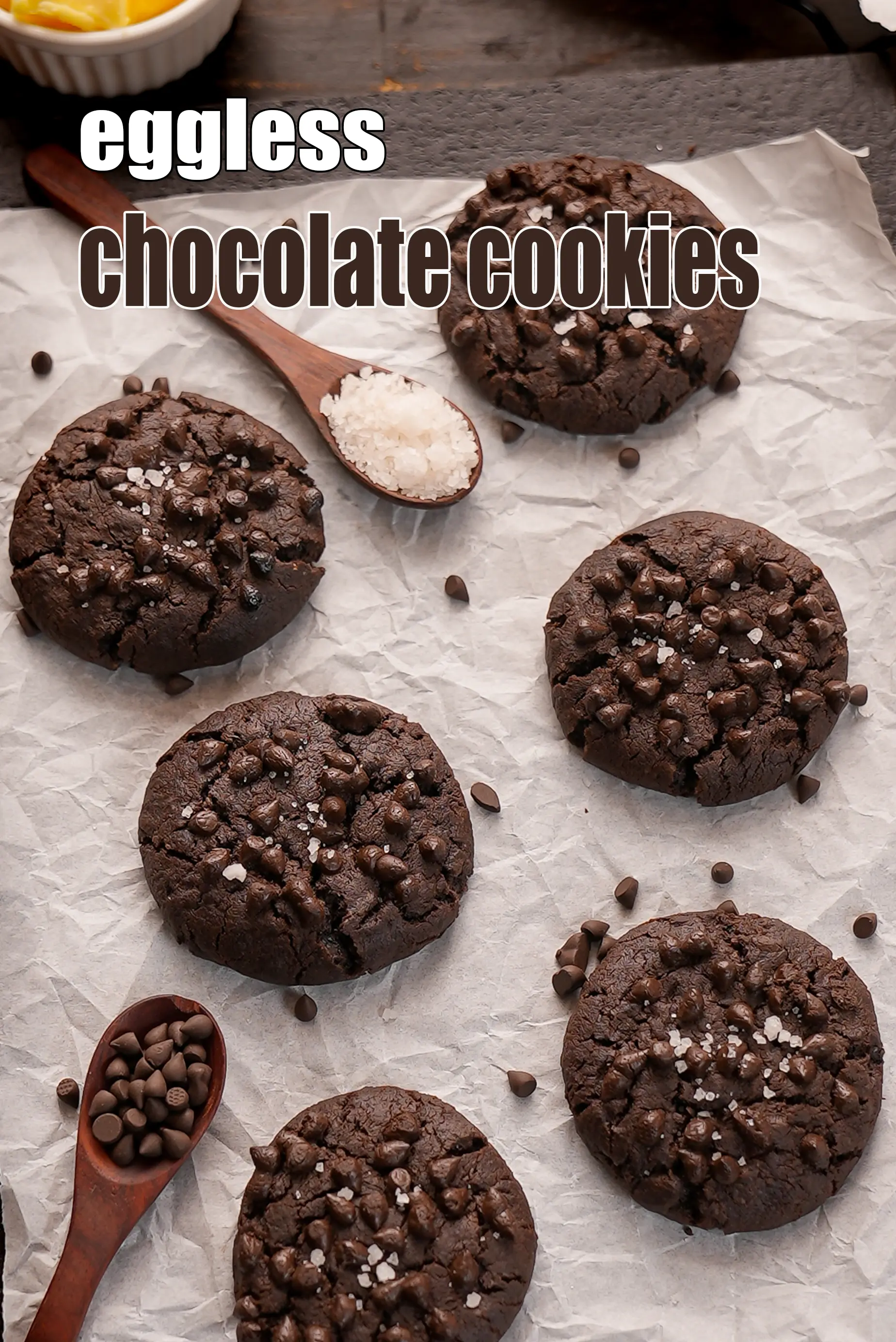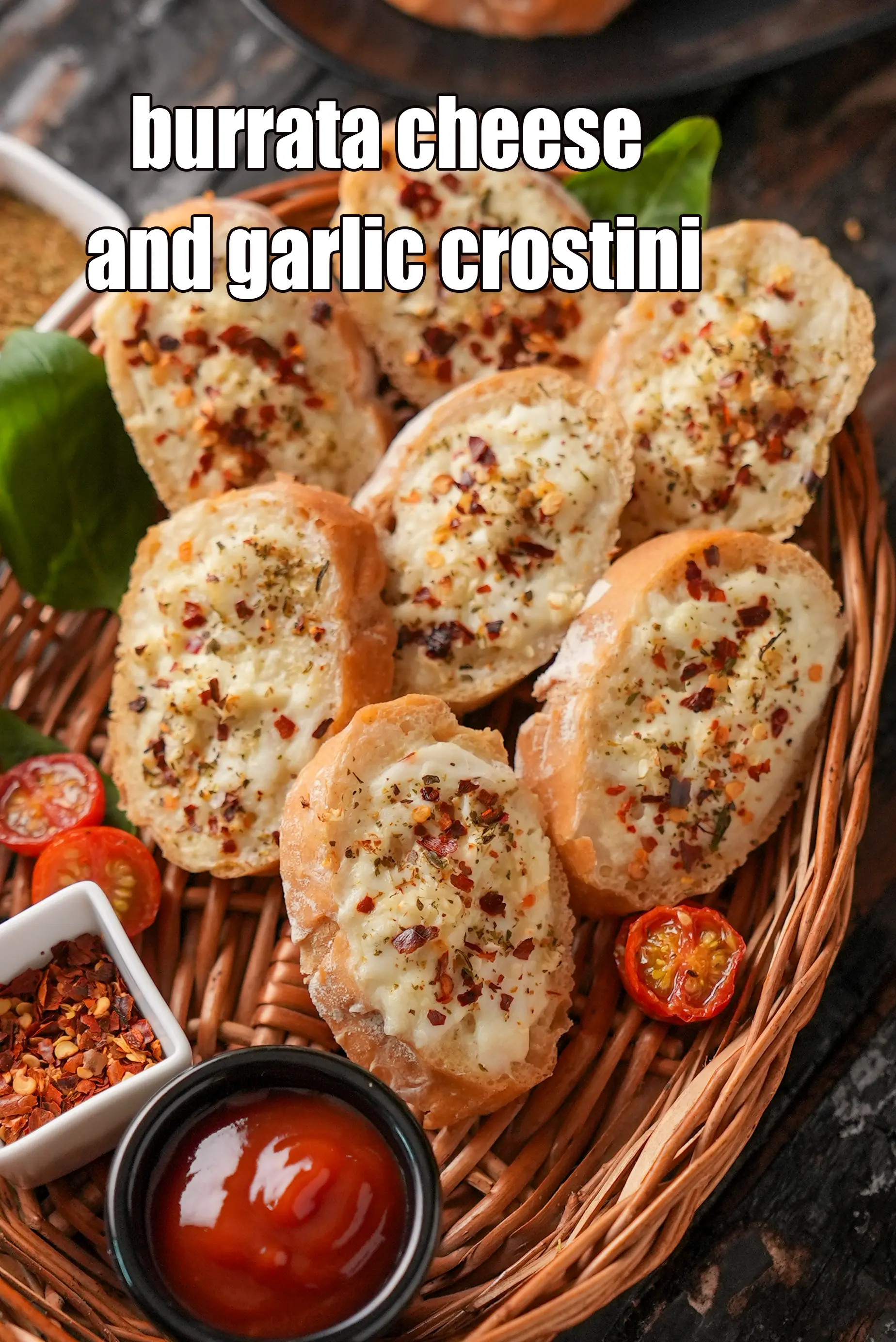Nutritional Facts of Basic Toovar Dal Recipe, Toor Dal, Calories in Basic Toovar Dal Recipe, Toor Dal
This calorie page has been viewed 101198 times
Healthy Indian Recipes
Healthy Indian Recipes
How many calories does one serving of Toovar Dal (toor dal, tuvar dal) have?
One serving of Toor Dal (Toovar Dal) gives 143 calories. Out of which carbohydrates comprise 76 calories, proteins account for 28 calories and remaining calories come from fat which is 39 calories. One serving of Basic Toovar Dal provides about 7 percent of the total daily calorie requirement of a standard adult diet of 2,000 calories.
Click here to see Toovar Dal calorie. Toovar dal recipe easy though it is to make, is the ultimate comfort food for many Indians! Gujarati toor dal hardly requires any effort and uses only common everyday ingredients like toor dal, onions, tomatoes, India spices, that you are sure to have at home.
All you need to do is pressure-cook the toor dal with onions and tomatoes, and cook it further for few minutes with an aromatic tempering of spices and seeds.
Notes on toovar dal recipe. 1. Mix well and pressure cook for 3 whistles. Allow the steam to escape before opening the lid. Different brands of cooker require different time to cook and also the number of whistles will vary depending on the flame. 2. The basic toor dal recipe makes use of a handful of ingredients so, ensure they are fresh and do not use store-bought or frozen garlic and instead use freshly pounded garlic to give a nice flavourful hint to the toor dal.
Let's see why this is a healthy tuhar dal? Toor dal is rich in proteins, the building block of good health. It is High in fiber and diabetic and heart friendly also. The recipe using onions and tomatoes as the vegetables. Onions with other phytonutrients from onions, it helps to build WBC (white blood cells) which serves as a line of defence against illness. Tomatoes are a powerful antioxidant, super rich in Vitamin C, good for heart.
Is Toovar Dal healthy?
Yes, Toor Dal healthy. Made up of mainly tooval dal, onions and tomatoes and some crushed garlic which are all healthy.
Let's understand the ingredients.
What's good in tuvar dal.
Toor Dal (tuvar dal) : Toor dal is rich in proteins, the building block of good health. High in fiber, diabetic and heart friendly. Being an excellent source of folic acid, pregnant women must include toor dal in their daily diet. See detailed benefits of toor dal.
Onions : Yes, its a great antioxidant. The phytochemical present in onions along with their Vitamin C help boost your immunity. The chromium in onions help regulate your blood pressure. The sulphur in the onion which brings you tears is actually good for your eyes. Raw onions keep your heart healthy and see here for total benefits of onions.
Tomatoes : Tomatoes are extremely rich source of Lycopene. Tomatoes are a powerful antioxidant, super rich in Vitamin C, good for heart. Tomatoes are a Pregnant women's friend. Read about 13 amazing benefits of tomatoes.
Benefits of Cumin Seeds ( jeera) : The most common benefit of jeera known to many is to soothe the stomach, intestine and the entire digestive tract. Cumin seeds are apparently a very good source of iron. A tbsp. of cumin seeds can fulfil nearly 20% of days iron requirement. Even small quantity of cumin seeds has huge amounts of calcium – a bone supporting mineral. They aid is digestion, weight loss and help reduce inflammation. See detailed benefits of cumin seeds, jeera.
Coriander (kothmir, dhania) : Coriander is a fresh herb often used as a flavour enhancer in Indian cooking. It is mainly used as a garnish. This is the best way to use it - no cooking. This preserves its vitamin C content which helps to build our immunity and bring that sparkle to the skin. The antioxidants vitamin A, vitamin C and the quercetin present in coriander works towards strengthening our immune system. Coriander is a fairly good source of iron and folate – the 2 nutrient which help in the production and maintenance of red blood cells in our blood. Good for reducing cholesterol and good for diabetics. Read 9 benefits of coriander to understand details.
Garlic : Garlic has been proven to lower cholesterol. The active ingredient allicin present in garlic aids in lowering blood pressure. Garlic is also alleged to help regulate blood glucose levels for diabetics. Garlic is great for the heart and circulatory system. Garlic has an antimicrobial, antiviral and antifungal function and can help in relieving common cold and other viral infections. To boost your immune system have a garlic clove a day. Garlic is a top anti viral food. The thiosulphate compound, Allicin found in garlic acts as a strong antioxidant and protects our body from damage of free radicals. Read here for complete benefits of garlic.
Can diabetics, heart patients and over weight individuals have Toor Dal?
Yes, this recipe is very healthy. Diabetics and heart patients can enjoy this. Toor dal is high in fibre, provides protein and great for health.
Can healthy individuals have Toor Dal?
Yes, all ingredients in this recipe are healthy. Please have this Indian dal on a weekly basis. We love giving and making healthy recipes at tarla dalal.
What to have with Toor Dal?
Always confusing what to pair with a healthy dal. Rice or not. Our call is to look for healthy options. If you are having rice, we say take a very small amount of rice and loads of dal. Rice is high in carbs so watch it.
We highly recommend having a bajra roti, jowar roti and whole wheat roti to make a healthy combination. Note that when you combine any dal with any cereal ( bajra, jowar, ragi, whole wheat ) then the protein quality is enhanced.
Toor Dal is good for
3. Diabetics with heart issues
5. Weight loss after Pregnancy
7. Cold and cough
8. Diabetic Dals
Toovar Dal is high in
1. Vitamin B1 : Vitamin B1 protects nerves, helps in carbohydrate metabolism, prevents heart diseases and helps produce red blood cells.
Note : a recipe is deemed high in a Vitamin or mineral if it meets 20% and above the recommended daily allowance based on a 2,000 calorie diet.
How to burn 143 calories that come from one serving of Basic Toovar Dal?
| Walking (6 kmph) = | 43 | mins |
| Running (11 kmph) = | 14 | mins |
| Cycling (30 kmph) = | 19 | mins |
| Swimming (2 kmph) = | 25 | mins |
Note: These values are approximate and calorie burning differs in each individual.
| Energy | 143 cal |
| Protein | 7.1 g |
| Carbohydrates | 19.1 g |
| Fiber | 3.1 g |
| Fat | 4.3 g |
| Cholesterol | 0 mg |
| Vitamin A | 212.3 mcg |
| Vitamin B1 | 0.2 mg |
| Vitamin B2 | 0.1 mg |
| Vitamin B3 | 1 mg |
| Vitamin C | 5.6 mg |
| Folic Acid | 35.1 mcg |
| Calcium | 33.8 mg |
| Iron | 1 mg |
| Magnesium | 0 mg |
| Phosphorus | 0 mg |
| Sodium | 11.2 mg |
| Potassium | 368 mg |
| Zinc | 0.3 mg |
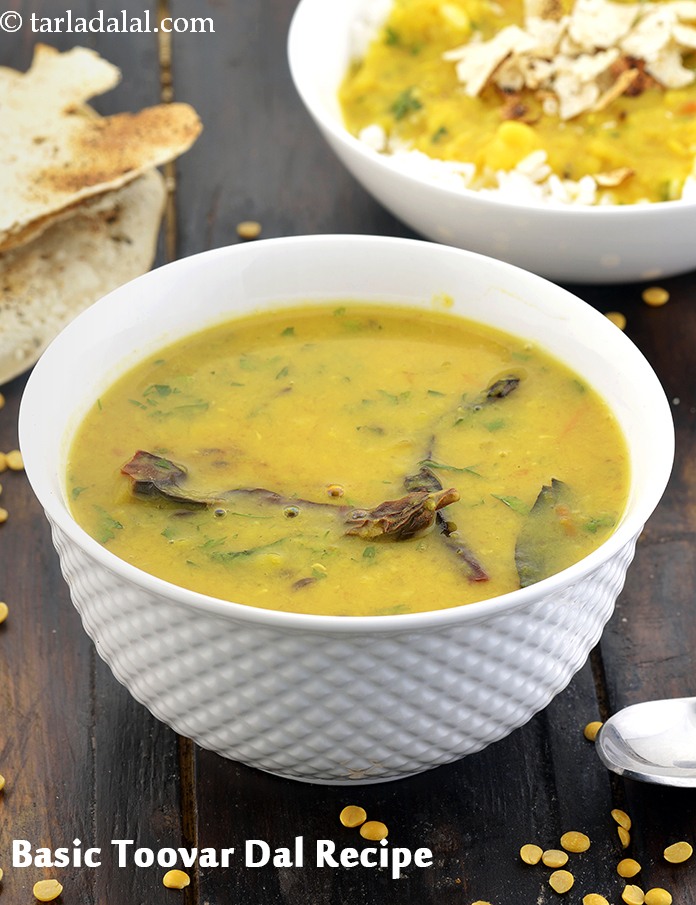
Click here to view Basic Toovar Dal Recipe, Toor Dal
Calories in other related recipes
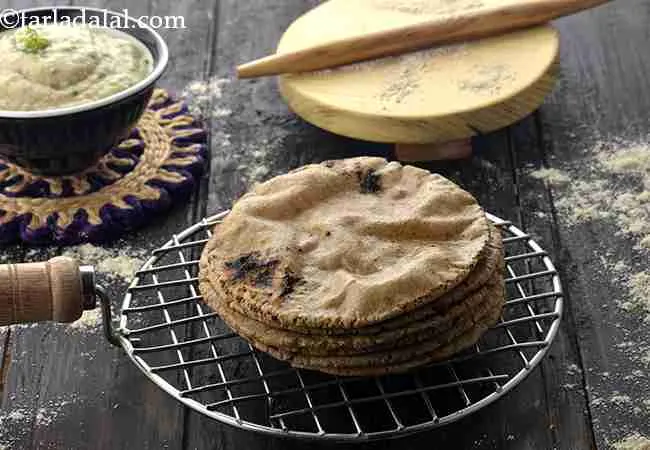

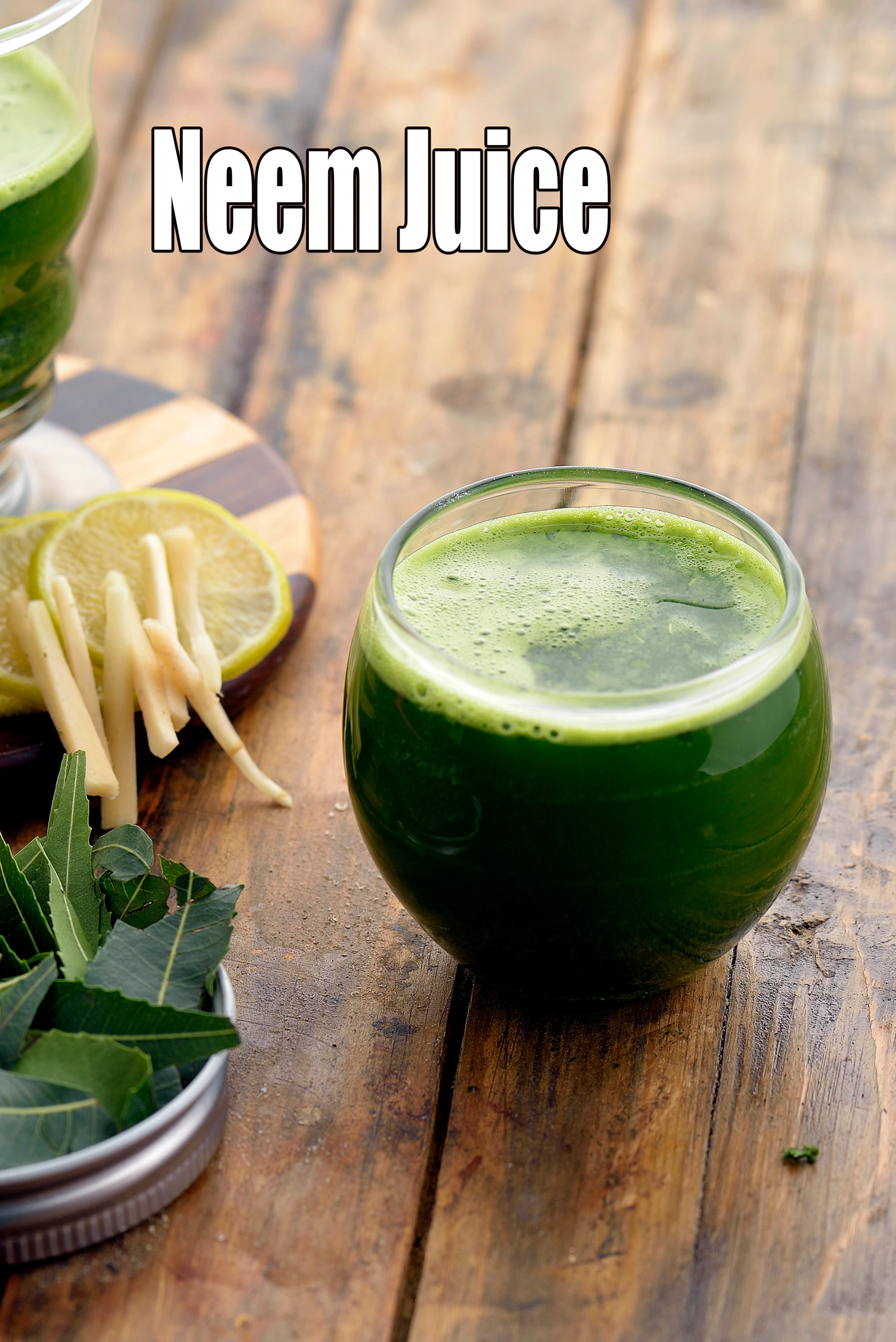
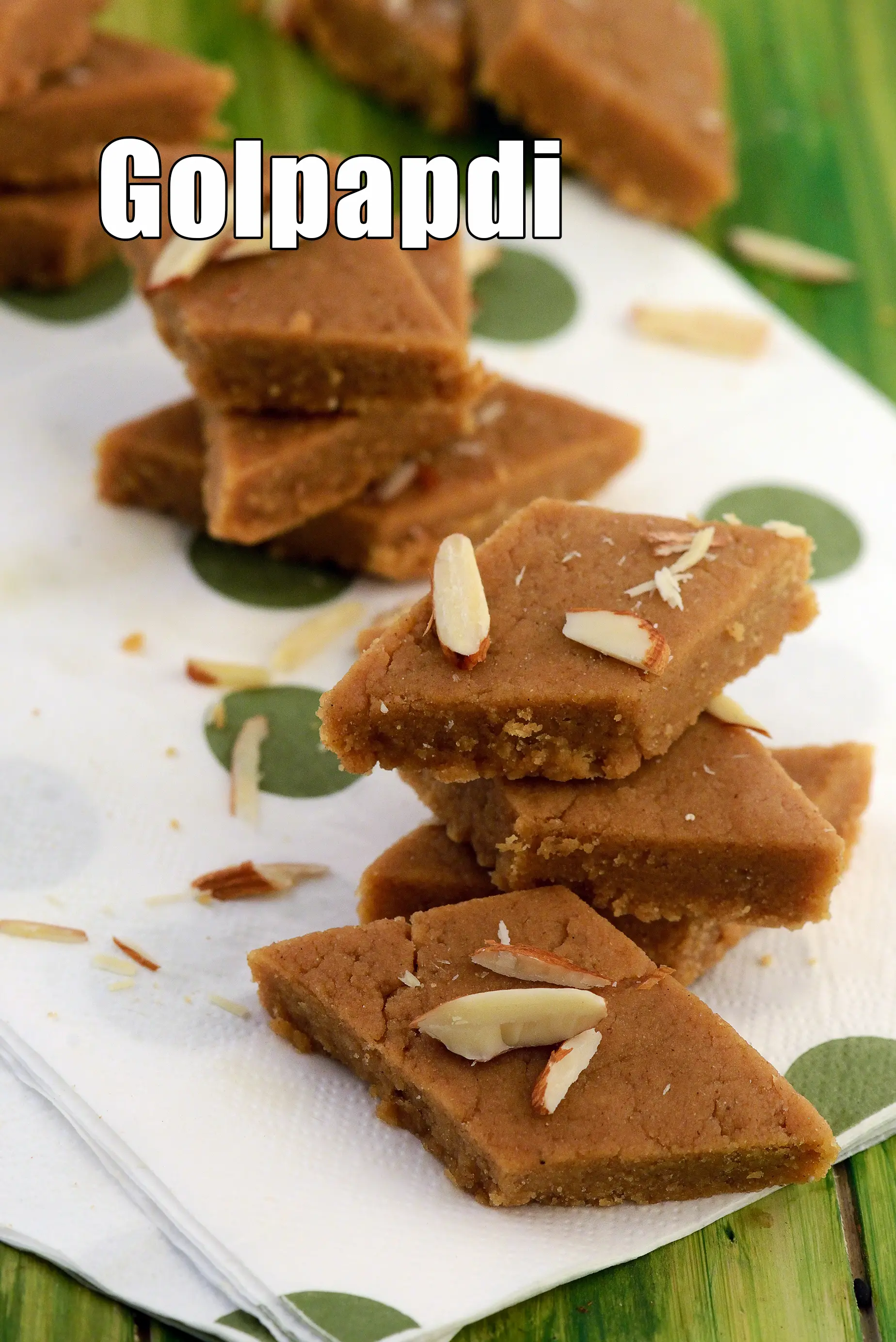

-10876.webp)
